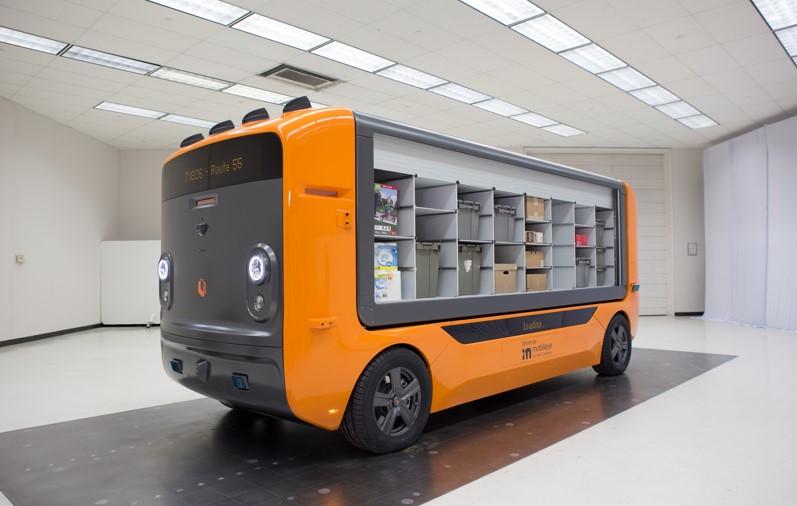Intel’s Mobileye unit unveiled a supercomputer on a chip for autonomous driving at CES 2022.
Called EyeQ Ultra, it features 176 trillion operations per second, which Intel dubbed “the leanest autonomous vehicle chip.” The first chips won’t be available until the end of 2023 and will go into vehicles in 2025.
EyeQ Ultra features the performance of 10 EyeQ5s in a single package. It relies on 5 nm process technology and is designed for level 4 autonomous driving needs, but without the power and cost of integrating many SoCs together, Intel said.
The SoC provides four proprietary accelerators that are paired with CPU cores, ISPs and GPUs to process input from two sensing subsystems, one that is camera-only and the other than is radar and lidar combined. EyeQ was first introduced in 2004 and has now shipped more than 100 million SoCs.
Intel also said its new EyeQ6L is half the size of the previous EyeQ4. Already in sampling, it will go to production in mid-2023.
During a vitual press event on Tuesday, Mobileye CEO Amnon Shashua said the EyeQ Ultra will help in the progress toward a consumer-grade price for autonomous vehicles (generally in the $25,000 range) in the 2025 time frame.
On Monday at CES, Udelve announced the Transporter, an autonomous delivery vehicle that relies on Mobileye Drive technology. It is a cabless, autonomous electric vehicle for multistep delivery. Udelv wants to have 50,000 unites on public roads by 2028 after an introduction in 2023. It carries 2,000 pounds of cargo and can make 80 stops per run.

RELATED: Vehicle tech abounds at CES 2022, with sensors and software